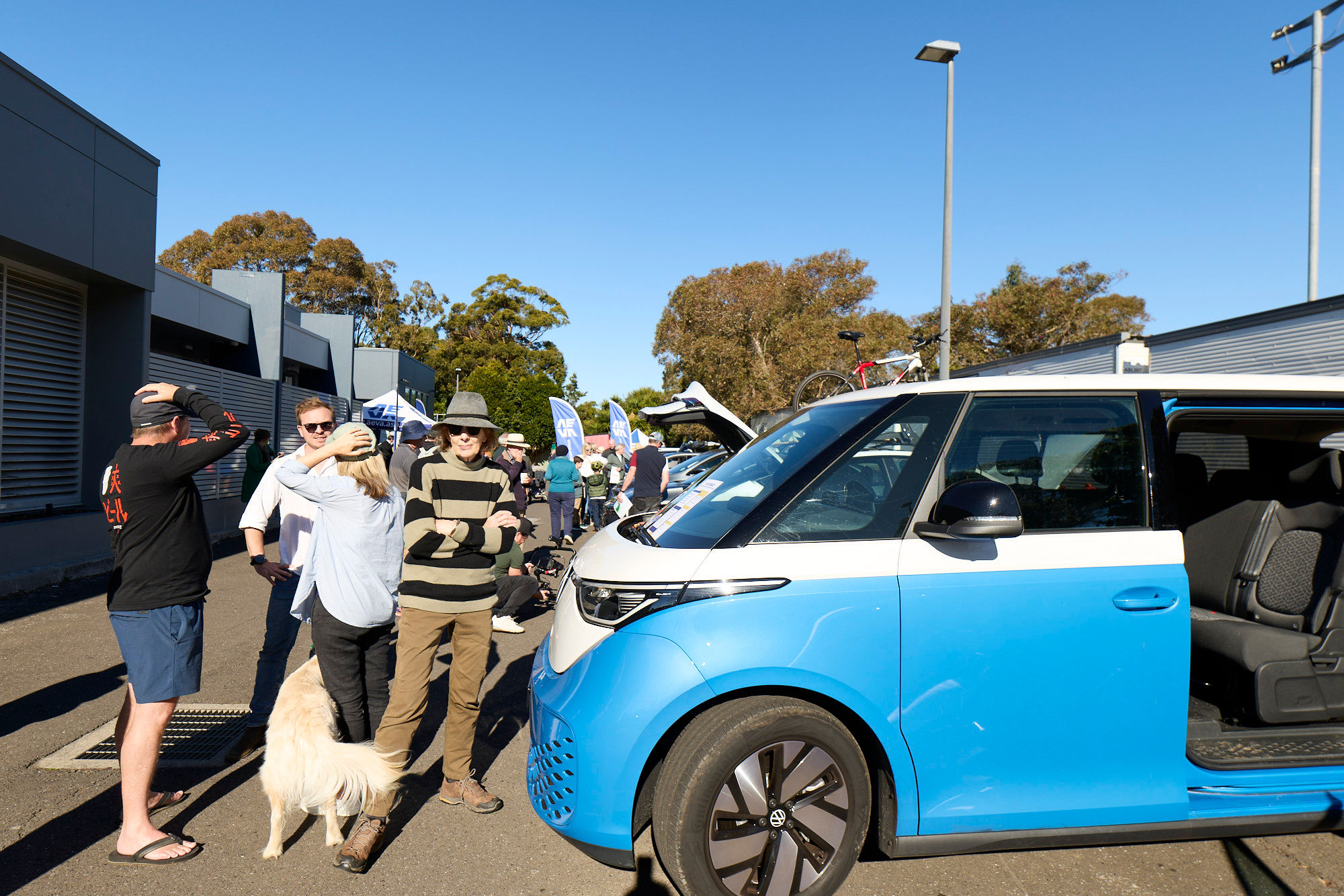
Menu
Oops! Something went wrong, please try again.

EVs are already more practical, more affordable, and more widely supported than many people realise. In this blog, we unpack some of the most common EV hesitations, and why they might not be dealbreakers after all.

Thinking about going electric, but not sure where to start?
You're not alone. We’ve heard from plenty of people who are curious about electric vehicles but have a few lingering questions. Where would I charge it? Are they expensive to fix? Will it hold its value?
The good news? Most of those concerns are easier to answer than you think. EVs are already more practical, more affordable, and more widely supported than many people realise. In this blog, we unpack some of the most common EV hesitations—and why they might not be dealbreakers after all.
Where would you charge an EV?
Charging an EV is more flexible than many people think. Most EV drivers charge at home overnight using a standard power point or a faster wall charger - waking up to a full battery every morning, no petrol station required. For longer trips or people without home charging, there’s a growing network of public chargers. (The federal government are soon launching an EV charger mapping tool to make this even easier). Ultra-rapid chargers are popping up on highways, in shopping centres, and even sleepy regional towns. Thanks to government investment, the “where do I charge?” question is fast becoming a non-issue.
You don’t need solar to benefit from having an EV! Even if he uses grid energy (which is becoming more renewable every day) he will be saving on petrol bills and reducing air pollution.
EVs are expensive to repair
While it’s true that some EV components, like the battery, can be costly, EVs have far fewer moving parts than petrol or diesel vehicles. No oil changes, no timing belts, no exhaust systems. That means fewer things to go wrong and lower routine maintenance costs. In fact, according to the EV Council, EVs typically cost less to maintain and repair over time compared to internal combustion vehicles. Take John in our Pilot team. His 2018 Mazda CX5 cost $5388 in service and repair costs over seven years. Compare that to a new KIA EV5 for example, which comes with a 7 year warranty and an option to pre-purchase seven years of servicing for $2431. That’s not just cheaper, it’s practically smug.
How much will an EV be worth in a few years time?
With new EV models hitting the market that go further and cost less, the EV you buy today will drop in value. Just like any car. However batteries are not degrading as fast as some first thought, meaning many will be looking to the used market for their first EV. To give buyers the confidence to buy an EV, they need to know the health of their battery. The good news is, Pickles, a popular used car marketplace for Aussies, has released a Battery State of Health scoring system for used EVs. Two years of Pickles’ own data shows that the average State of Health for a used EV is above 96%.
You don't need to be a greenie or a tech nerd to go electric. Just someone who likes saving money, breathing cleaner air, and driving into the future.